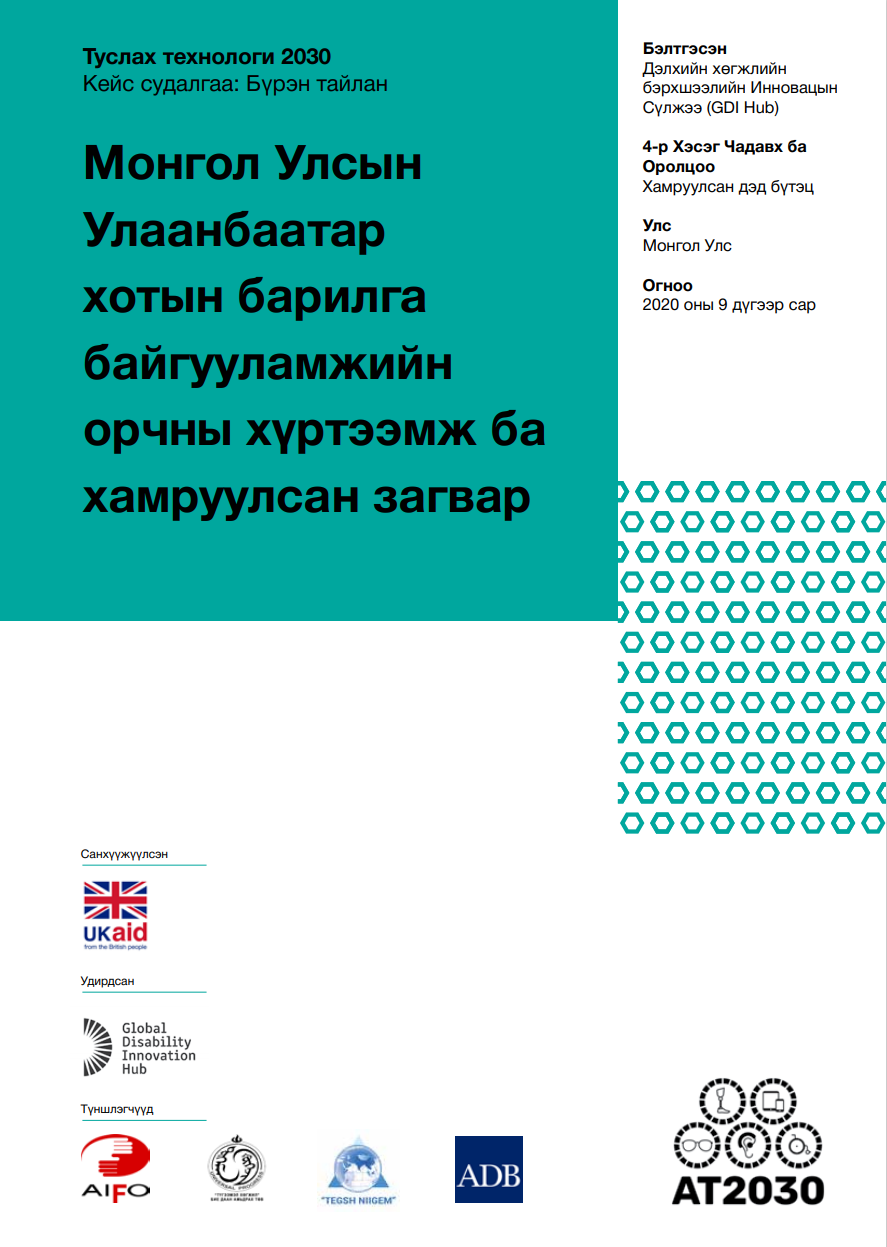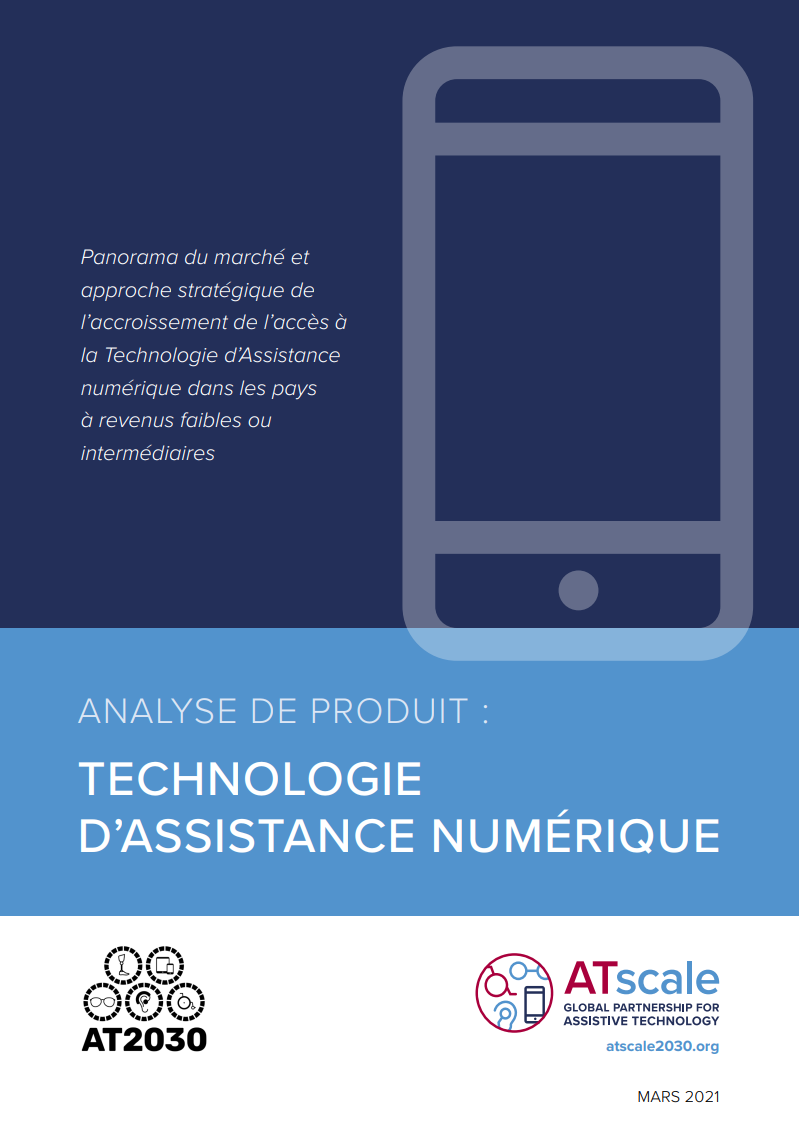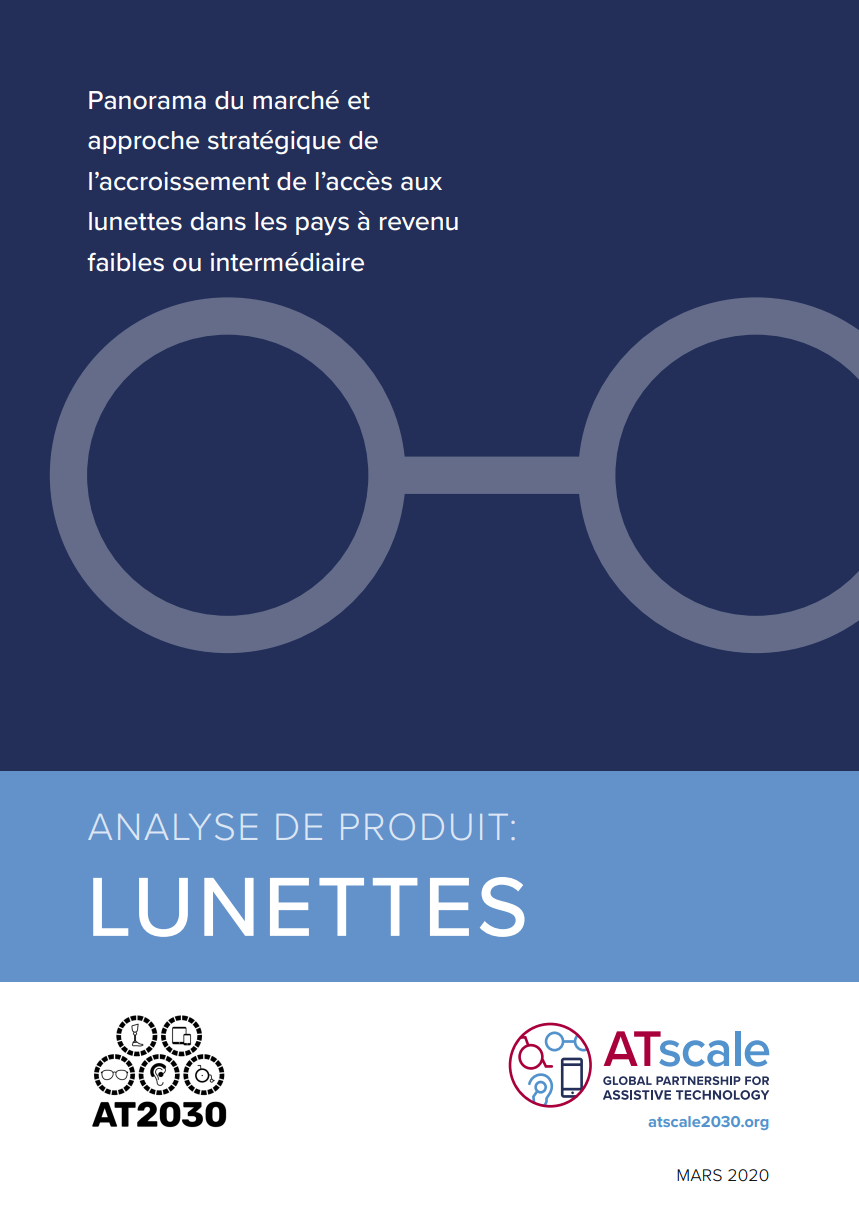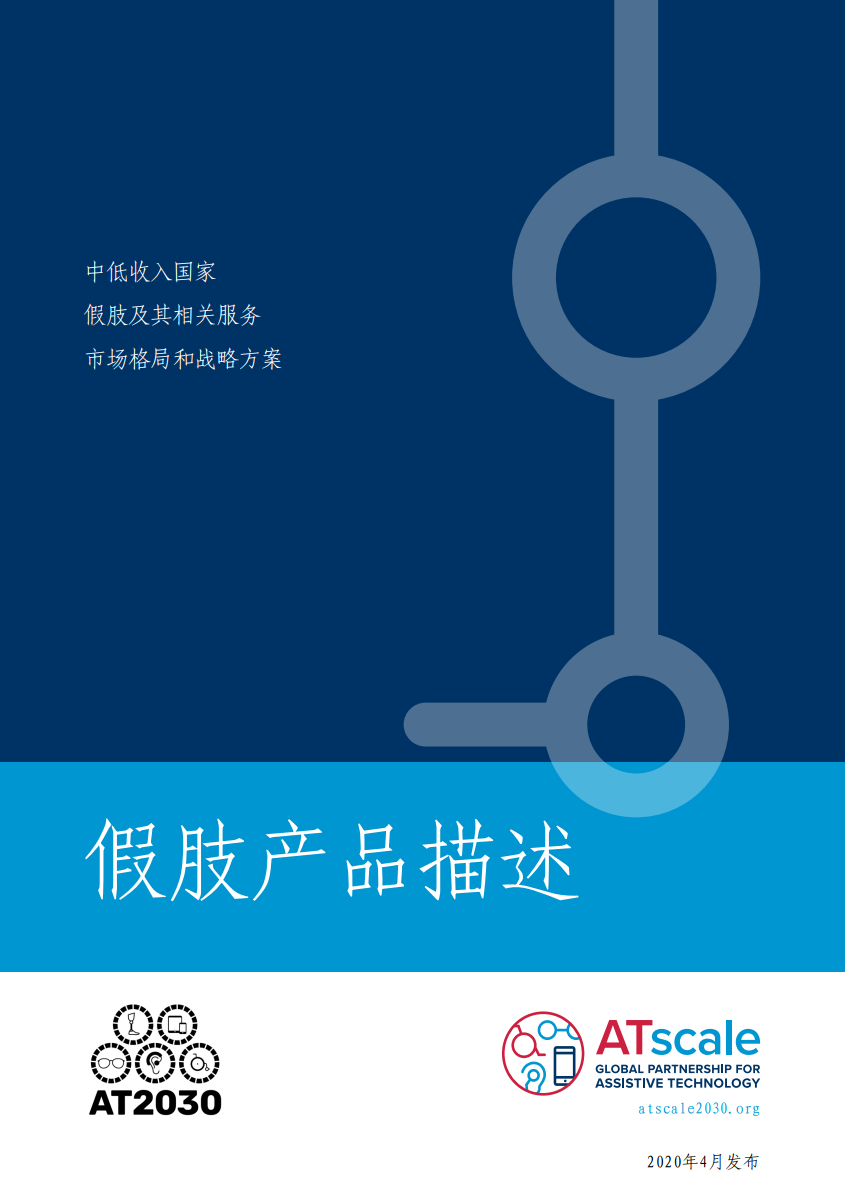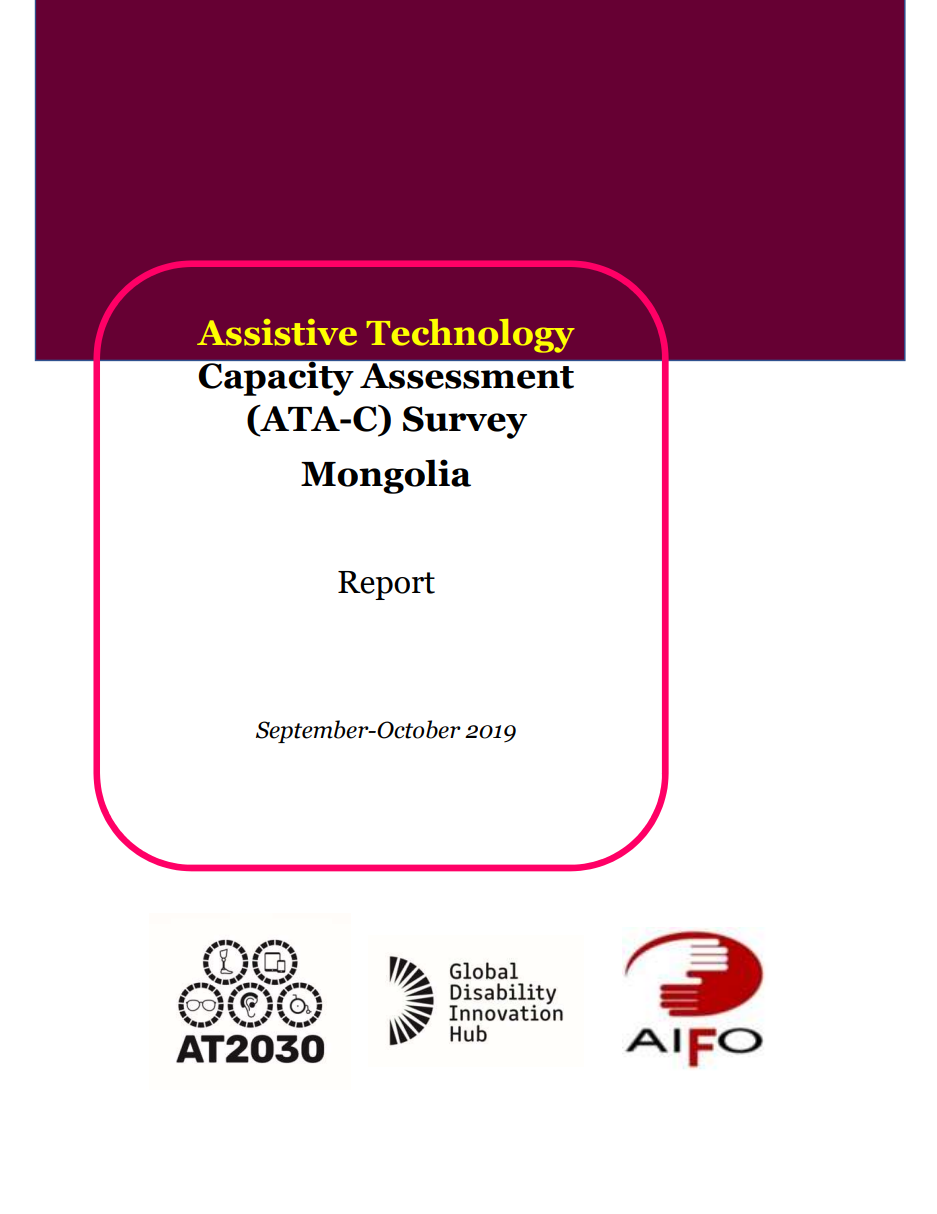Publications
-
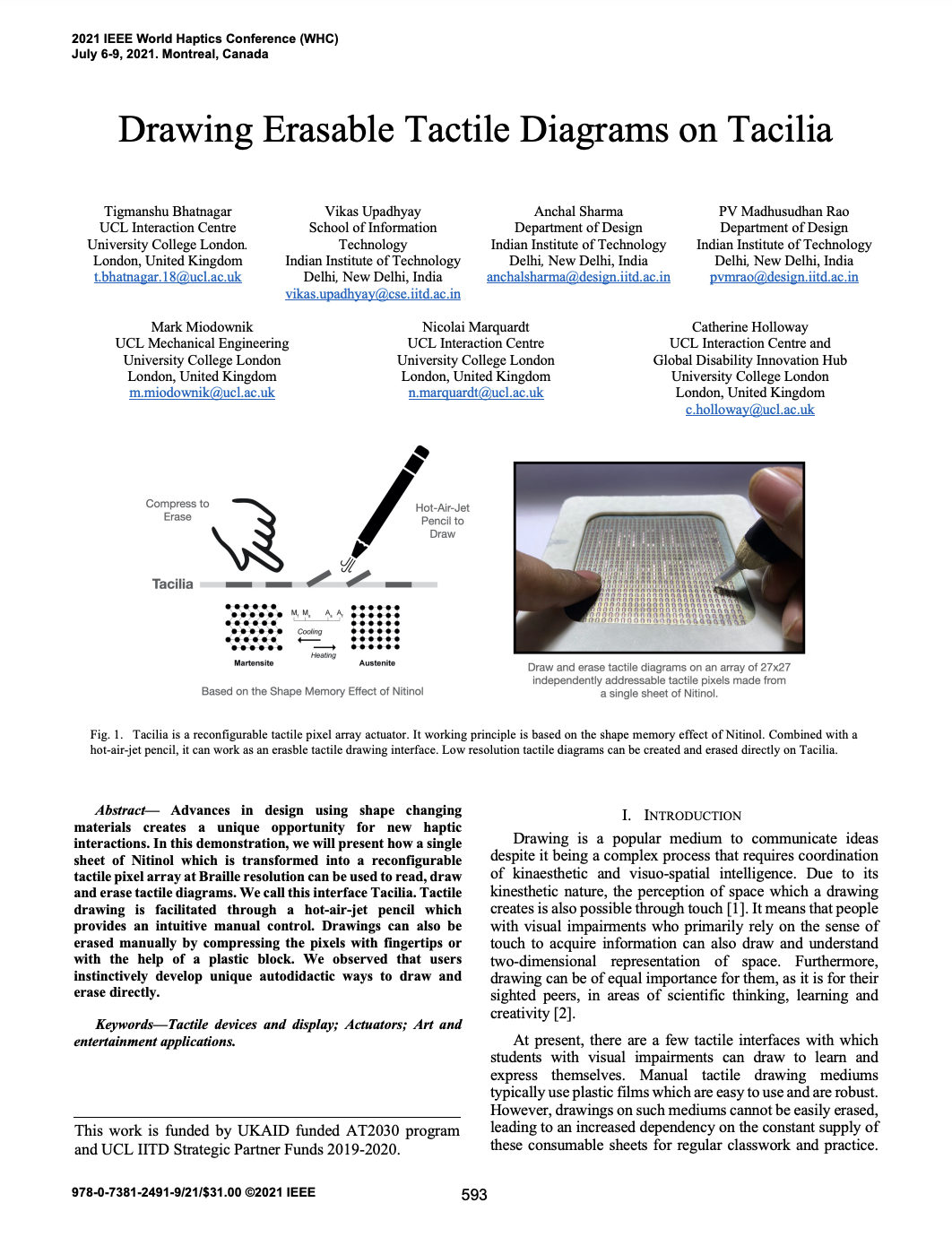
Drawing Erasable Tactile Diagrams on Tacilia
Catherine Holloway, Tigmanshu Bhatnagar, Mark Miodownik, Vikas Upadhyay, Anchal Sharma, PV Madhusudhan Rao, Nicolai MarquardtJuly 6, 2021Academic Research PublicationsA paper presented at 2021 IEEE World Haptics Conference (WHC) Advances in design using shape changing materials creates a unique opportunity for new haptic interactions. In this demonstration, we will present how a single sheet of Nitinol which is transformed into a reconfigurable tactile pixel array at Braille resolution can be used to read, draw and erase tactile diagrams.
-
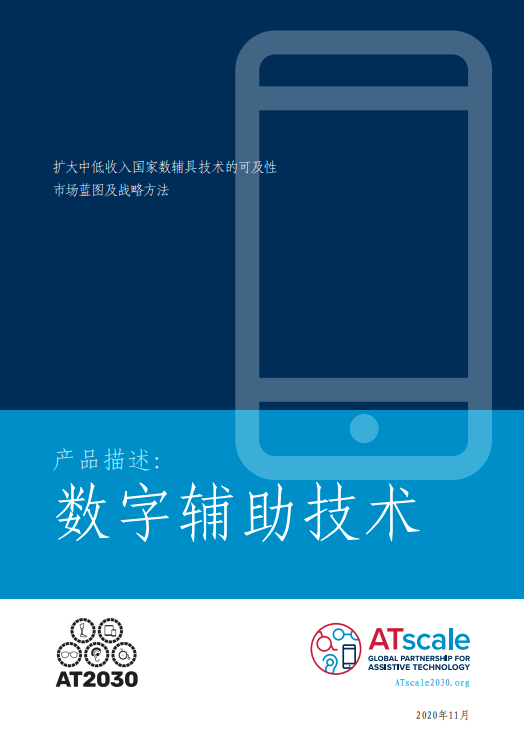
Product Narratives: Digital Assistive Technology (Chinese)
Catherine Holloway, Katherine Perry, Felipe Ramos Barajas, Margaret Savage, Dennis Sondergaard, Barbara Goedde, Cynthia Liao, Mathilde Chaudron, Priya Morjaria, Jeffrey Boyar, Tigmanshu Bhatnagar, George TorrensJune 25, 2021GlobalCase Studies and ReportsProduct Narratives are key elements of our AT2030 objectives. They help to identify opportunities for AT2030 and others to test innovative models of what works to improve access to Assistive Technology with the potential to reach scale through innovative products; new service delivery models and local capacity.
-
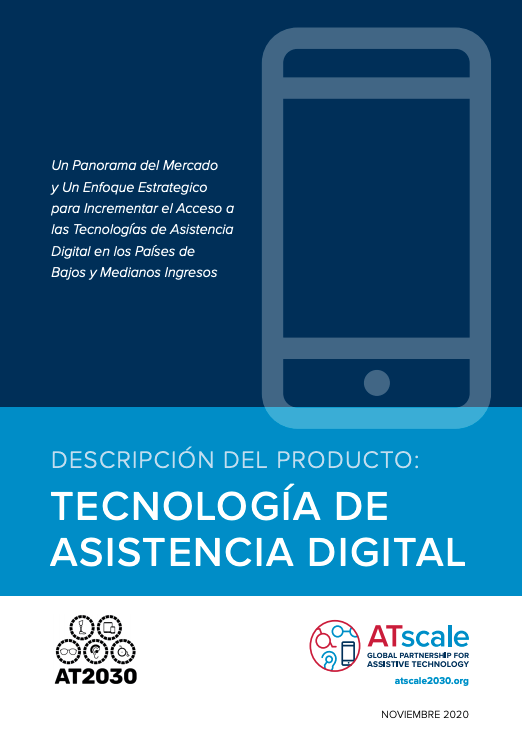
Product Narratives: Digital Assistive Technology (Spanish)
Catherine Holloway, Katherine Perry, Felipe Ramos Barajas, Margaret Savage, Dennis Sondergaard, Barbara Goedde, Cynthia Liao, Mathilde Chaudron, Priya Morjaria, Jeffrey Boyar, Tigmanshu Bhatnagar, George TorrensJune 25, 2021GlobalCase Studies and ReportsProduct Narratives are key elements of our AT2030 objectives. They help to identify opportunities for AT2030 and others to test innovative models of what works to improve access to Assistive Technology with the potential to reach scale through innovative products; new service delivery models and local capacity.
-
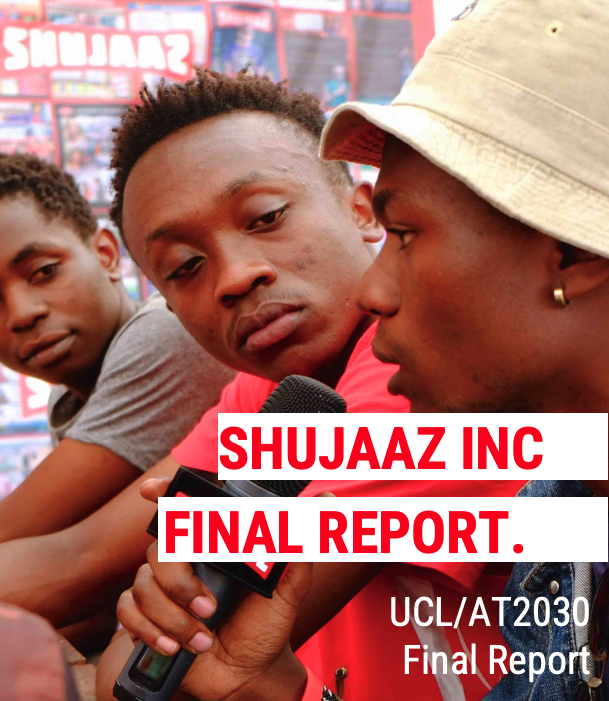
Final Narrative Report
Shujaaz IncJune 23, 2021KenyaCase Studies and ReportsLaunched in 2019, this program heralded the purposeful inclusion of persons with disability in Shujaaz Inc’s media campaigns. We carried out a GroundTruth study to develop a profound understanding of the issue in general as well as of how it is “experienced” (understood, perceived and acted on) by our target audience. This study informed us that there is a high level of knowledge amongst young people on disability, that young people’s attitudes towards persons with disabilities depend on their visibility in their community and that frequent and positive engagements with PWDs goes a long way in improving attitudes. With these insights, we successfully rolled out a targeted media campaign in 2020 and we intend to continue incorporating a disability lens into our communications going forward.
-
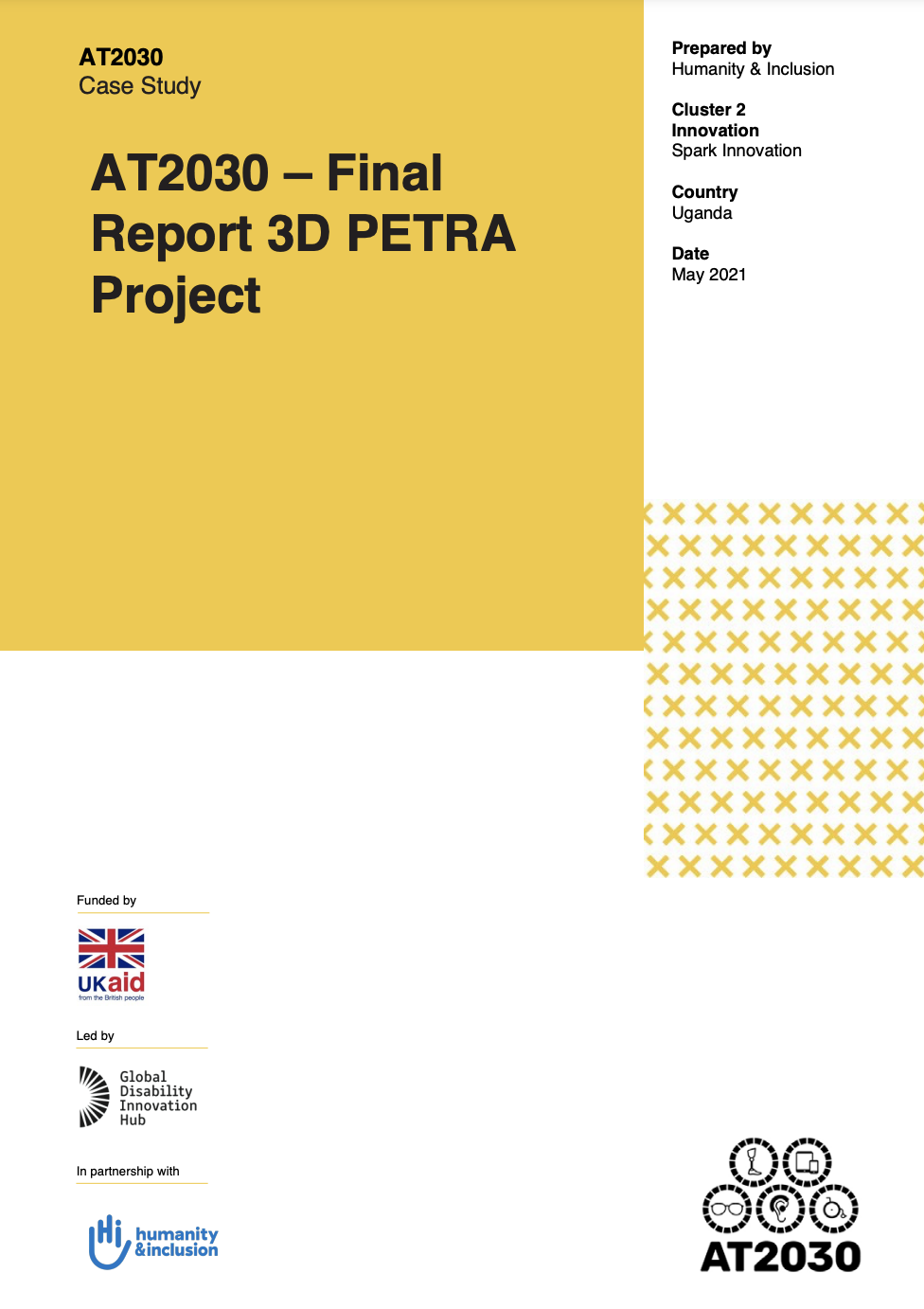
AT2030 – Final Report 3D PETRA Project
Humanity & InclusionJune 23, 2021UgandaCase Studies and ReportsThe 3D Petra project sought to develop effective solutions combining tele- rehabilitation, Computer Aided Design (CAD) Computer Aided Manufacturing (CAM), and 3D printing to increase access to orthotic devices (a sub-set of AT) for use in emergencies and remote settings. Regarding the technology in use, only the shells of the orthoses were printed. The rest of the devices were assembled using conventional materials and components. Fitting also followed a conventional process. The project was implemented in the West Nile part of Uganda, specifically Arua District, within the refugee settlements of Omugo and Imvepi, including the catchment of host communities.
-

GroundTruth Report
Shujaaz IncJune 23, 2021KenyaCase Studies and ReportsMany factors can help improve the life of PWDs by making it possible for them to participate in such activities as work, schooling, taking care of the home, and being involved with family and friends in social, recreational and civic activities. Well Told Story, in partnership with UCL, will conduct a research study to understand the existing attitudes and perceptions of young Kenyans towards PWDs and execute a 12-month action research campaign to refine the understanding of Kenyan youth (15-24) attitudes towards PWD, the influencers and the contexts responsible for forming the attitudes, and will suggest a SBCC campaign to modify the attitudes, thus, removing one of the barriers for PWDs lifestyle improvement. This reports gives a summary of findings from the Ground Truth study conducted in November, 2019.
-
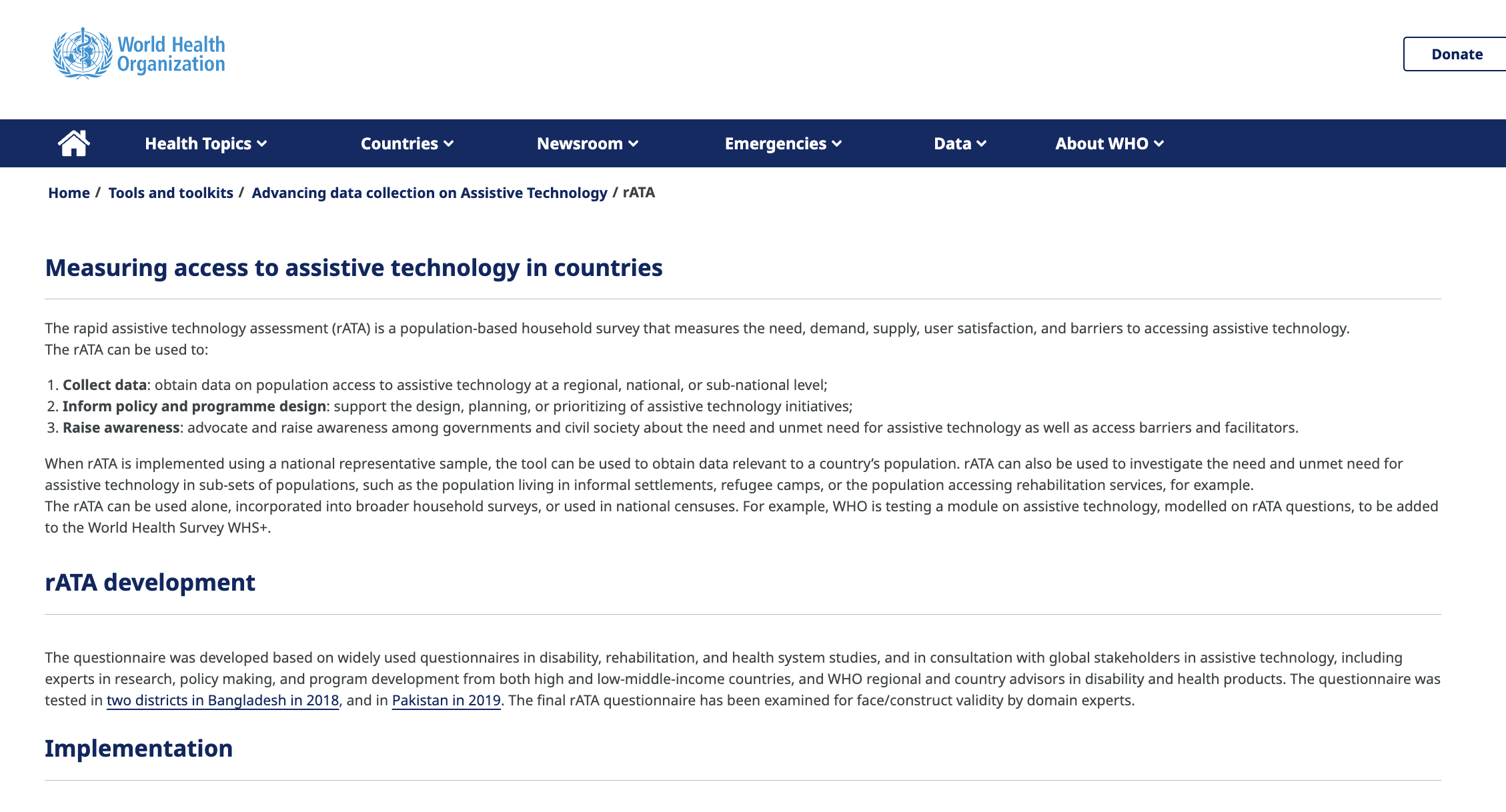
Rapid assistive technology assessment (rATA)
World Health OrganizationJune 14, 2021GlobalAT2030 ResourcesThe rapid assistive technology assessment (rATA) is a population-based household survey that measures the need, demand, supply, user satisfaction, and barriers to accessing assistive technology.
-
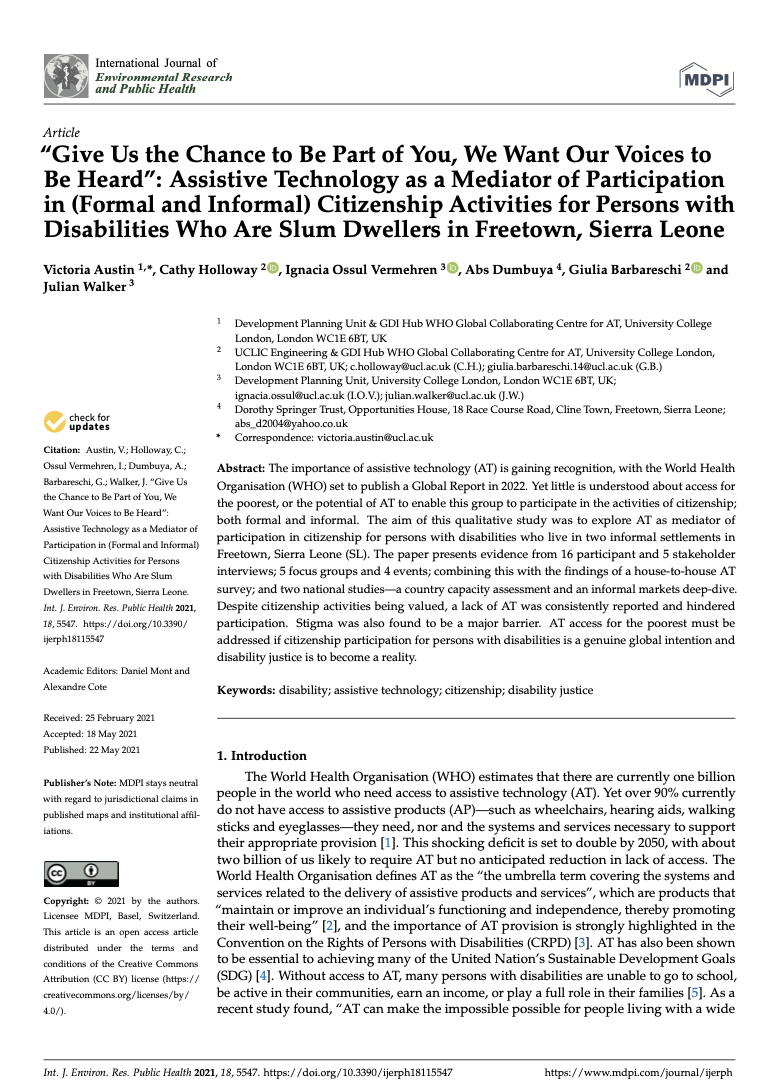
“Give Us the Chance to Be Part of You, We Want Our Voices to Be Heard”: Assistive Technology as a Mediator of Participation in (Formal and Informal) Citizenship Activities for Persons with Disabilities Who Are Slum Dwellers in Freetown, Sierra Leone
Vicki Austin, Catherine Holloway, Giulia Barbareschi, Julian Walker, Ignacia Ossul Vermehren, Abs DumbuyaMay 22, 2021Academic Research PublicationsThe paper presents evidence from 16 participant and 5 stakeholder interviews; 5 focus groups and 4 events; combining this with the findings of a house-to-house AT survey; and two national studies. Our data suggests that a lack of access to Assistive Technology was a significant factor in limiting the participation of slum dwellers who are people with disabilities in formal and informal aspects of citizenships.
-
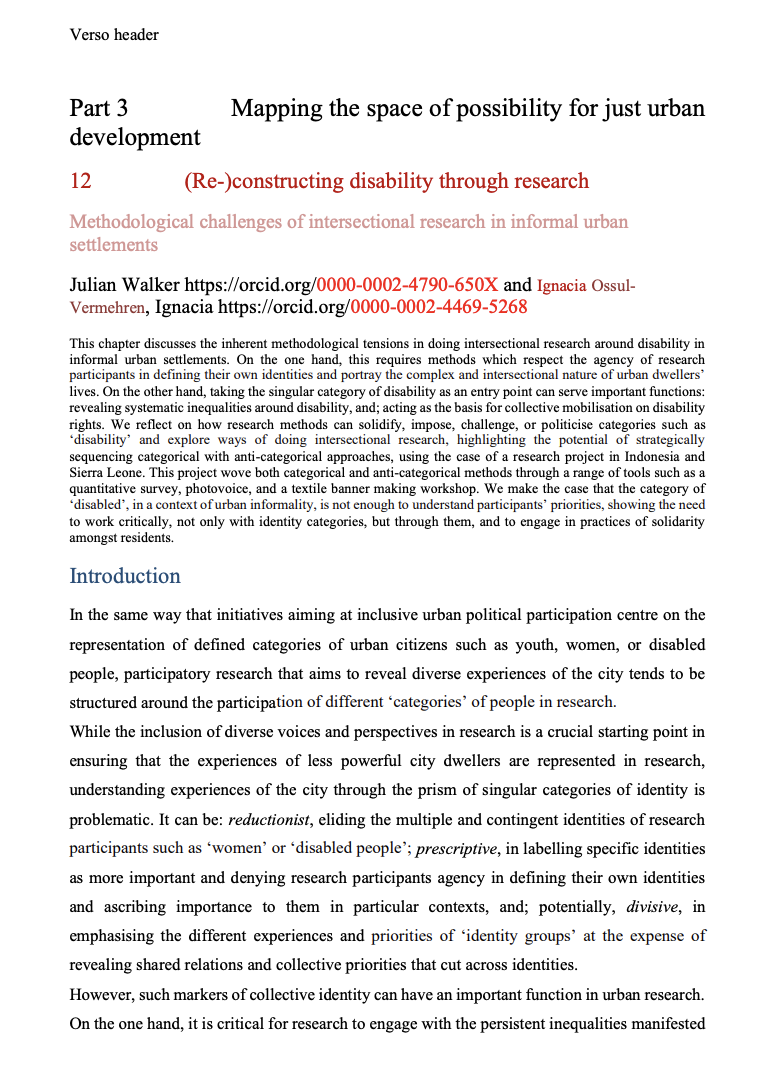
(Re-)constructing Disability through Research: Methodological Challenges of Intersectional Research in Informal Urban Settlements
Julian Walker, Dr Ignacia Ossul VermehrenMay 17, 2021Case Studies and ReportsBook chapter from Inclusive Urban Development in the Global South that discusses the inherent methodological tensions in doing intersectional research around disability in informal urban settlements.
-
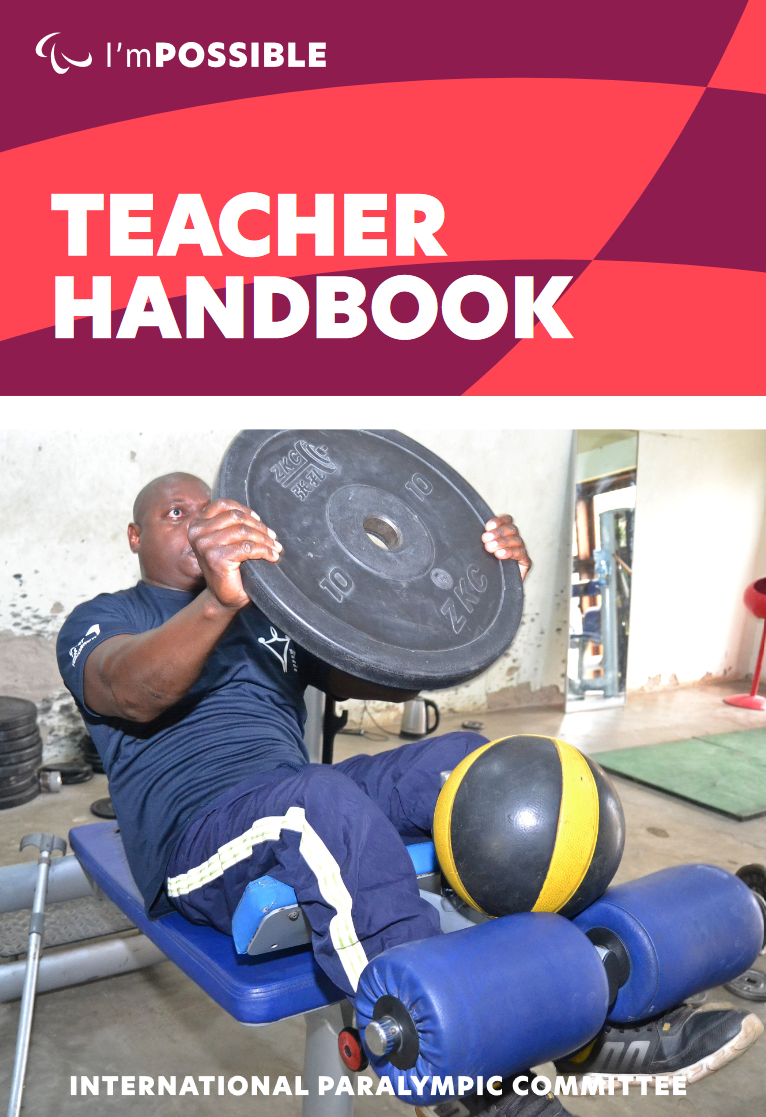
I’mPOSSIBLE toolkits: Zambia
The International Paralympic Committee (IPC)May 16, 2021ZambiaAT2030 ResourcesI’mPOSSIBLE is an education programme to spread the Paralympic values and the vision of the Paralympic Movement to young people throughout the world. Through education of inclusion and the Paralympic values, I’mPOSSIBLE aims to challenge and change the perceptions of how young people perceive people with an impairment. This toolkit has been adapted to fit the local context of Zambia as part of AT2030's Para Sport Against Stigma project.
-
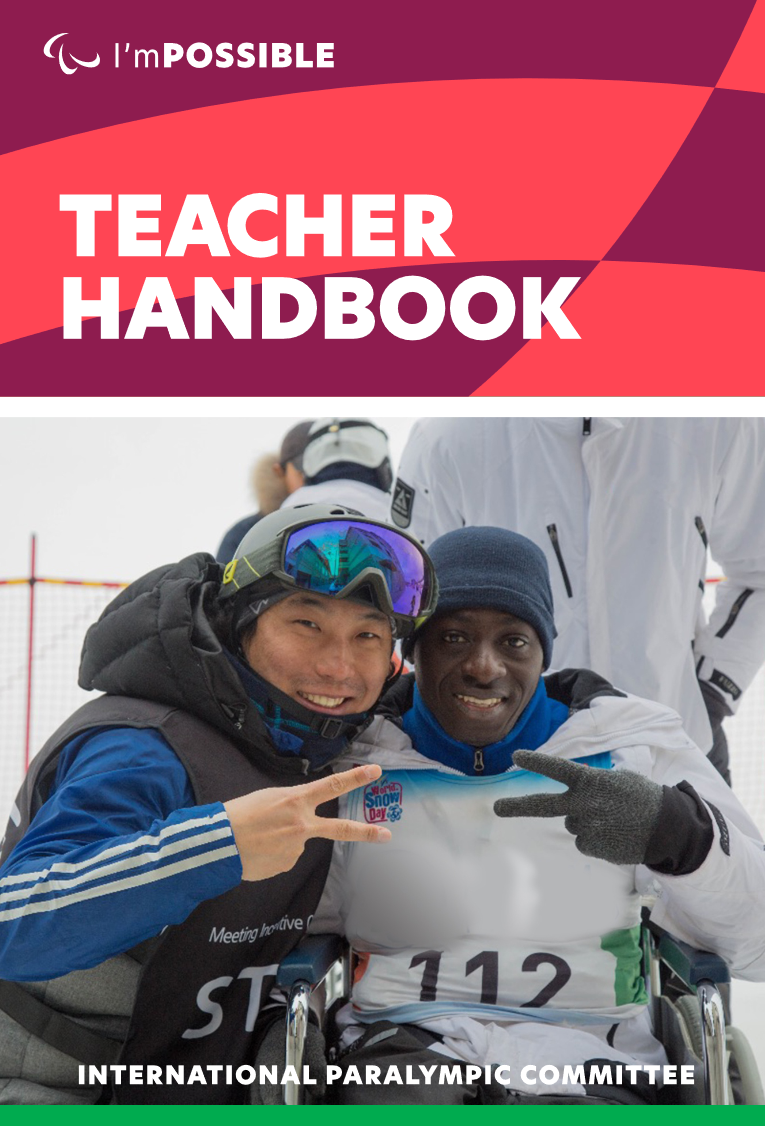
I’mPOSSIBLE toolkits: Ghana
The International Paralympic Committee (IPC)May 10, 2021GhanaAT2030 ResourcesI’mPOSSIBLE is an education programme to spread the Paralympic values and the vision of the Paralympic Movement to young people throughout the world. Through education of inclusion and the Paralympic values, I’mPOSSIBLE aims to challenge and change the perceptions of how young people perceive people with an impairment. This toolkit has been adapted to fit the local context of Ghana as part of AT2030's Para Sport Against Stigma project.
-
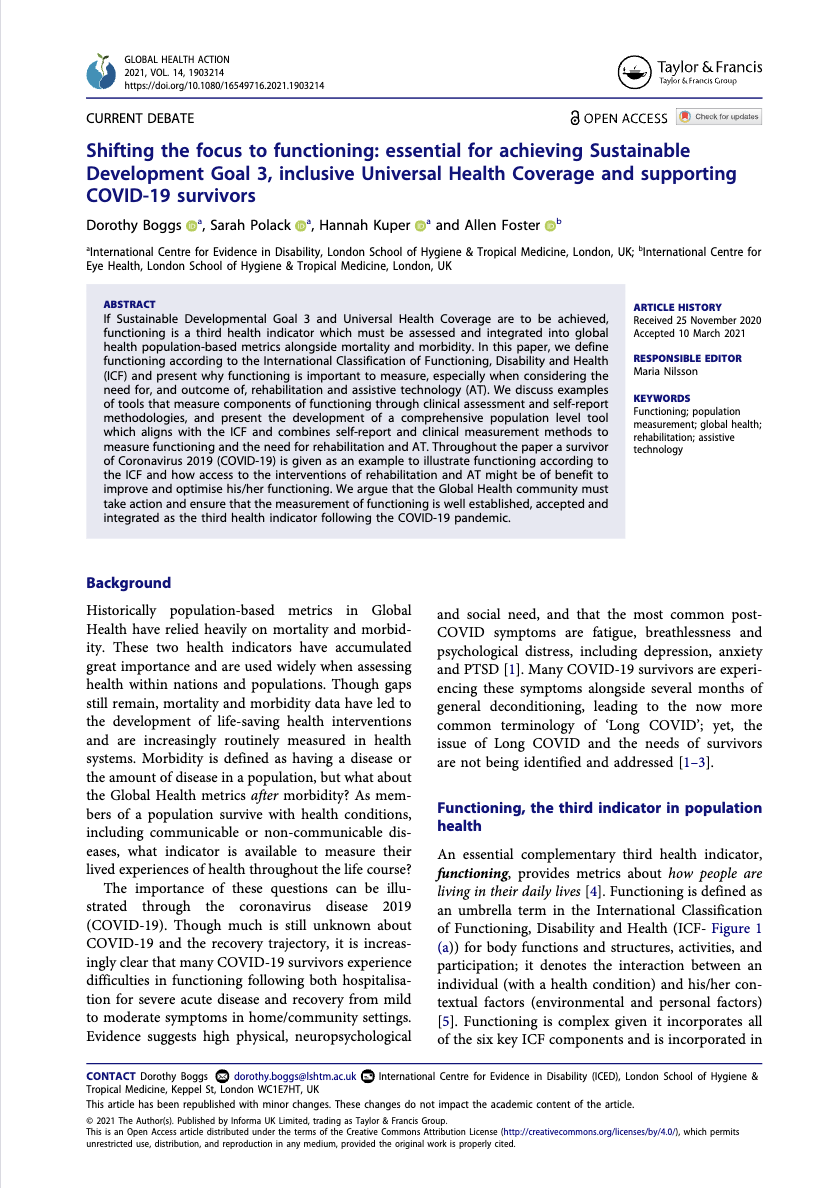
Shifting the focus to functioning: essential for achieving Sustainable Development Goal 3 inclusive Universal Health Coverage and supporting COVID-19 survivors
Dorothy Boggs, Sarah Polack, Hannah Kuper, Allen FosterApril 27, 2021GlobalAcademic Research PublicationsThis paper defines functioning, presents measurement options and highlights the importance of functioning when considering the need for, and outcome of, rehabilitation and assistive technology following a health condition illustrated by the example of COVID-19.
-
Inclusive Design and Accessibility of the Built Environment in Ulaanbaatar, Mongolia in Mongolian
Global Disability Innovation Hub, Vicki Austin, Iain McKinnon, Mikaela Patrick, AIFO, Tegsh Niigem, Universal Progress ILCApril 26, 2021MongoliaCase Studies and ReportsInclusive Infrastructure in Ulaanbaatar, Mongolia - case study in Mongolian
-
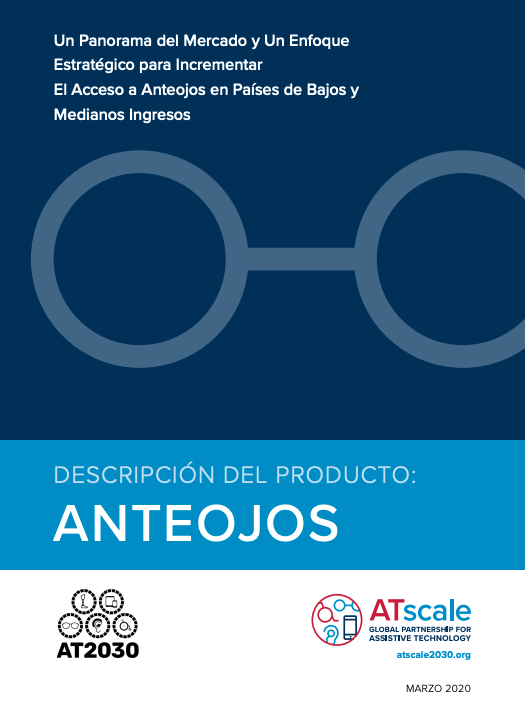
Product Narrative: Eyeglasses (Spanish)
Mathilde Chaudron, Margaret Savage, Frederic Seghers, Clinton Health Access Initiative, Alison End Fineberg, Barbara Goedde, ATscale, Global Disability Innovation Hub, UCL, Catherine Holloway, Katherine Perry, Dr Ben Oldfrey, Priya Morjaria, Vicki AustinApril 25, 2021GlobalCase Studies and ReportsProduct Narratives help to identify opportunities for AT2030 and others to test innovative models of what works to improve access, scale and serivce delivery models.
-
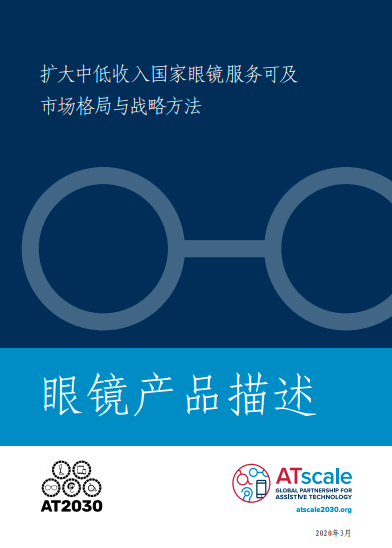
Product Narrative: Eyeglasses (Chinese)
Mathilde Chaudron, Margaret Savage, Frederic Seghers, Clinton Health Access Initiative, Alison End Fineberg, Barbara Goedde, ATscale, Global Disability Innovation Hub, UCL, Catherine Holloway, Katherine Perry, Dr Ben Oldfrey, Priya Morjaria, Vicki AustinApril 25, 2021GlobalCase Studies and ReportsProduct Narratives help to identify opportunities for AT2030 and others to test innovative models of what works to improve access, scale and serivce delivery models.
-
Product Narratives: Digital Assistive Technology (French)
Catherine Holloway, Katherine Perry, Felipe Ramos Barajas, Margaret Savage, Dennis Sondergaard, Barbara Goedde, Cynthia Liao, Mathilde Chaudron, Priya Morjaria, Jeffrey Boyar, Tigmanshu Bhatnagar, George TorrensApril 25, 2021GlobalCase Studies and ReportsProduct Narratives are key elements of our AT2030 objectives. They help to identify opportunities for AT2030 and others to test innovative models of what works to improve access to Assistive Technology with the potential to reach scale through innovative products; new service delivery models and local capacity.
-
Product Narratives: Eyeglasses (French)
Mathilde Chaudron, Margaret Savage, Frederic Seghers, Clinton Health Access Initiative, Alison End Fineberg, Barbara Goedde, ATscale, Global Disability Innovation Hub, University College London, Catherine Holloway, Katherine Perry, Dr Ben Oldfrey, Priya Morjaria, Vicki AustinApril 25, 2021GlobalCase Studies and ReportsProduct Narratives help to identify opportunities for AT2030 and others to test innovative models of what works to improve access, scale and serivce delivery models.
-
Product Narratives: Prostheses (Chinese)
Global Disability Innovation Hub, ATscale, Clinton Health Access Initiative, Catherine Holloway, Vicki Austin, Frederic Seghers, Dr Ben Oldfrey, Alison End Fineberg, Margaret Savage, Barbara Goedde, Cynthia Liao, UCLApril 25, 2021GlobalCase Studies and ReportsThe Product Narratives help to identify opportunities for AT2030 and others to test innovative models of what works to improve access to Assistive Technology with the potential to reach scale, through innovative products, new service delivery models and local capacity.
-
Assistive Technology Capacity Assessment Survey Mongolia Report
Dr. Sunil Deepak, Global Disability Innovation Hub, World Health Organization, Tegsh NiigemApril 25, 2021MongoliaCase Studies and ReportsAssistive Technology Capacity Assessment (ATA-C) National Survey was carried out in September-October 2019 by Dr. Sunil Deepak, consultant of Italian Association Amici di Raoul Follereau (AIFO), in collaboration with Tegsh Niigem (Mongolia), with technical support of the AT2030 team of the World Health Organisation (WHO) and with funding from Global Disability Innovation (GDI) Hub, UK. This survey was the first step in the effort to improve and strengthen the Assistive Technology (AT) services in the country.
-
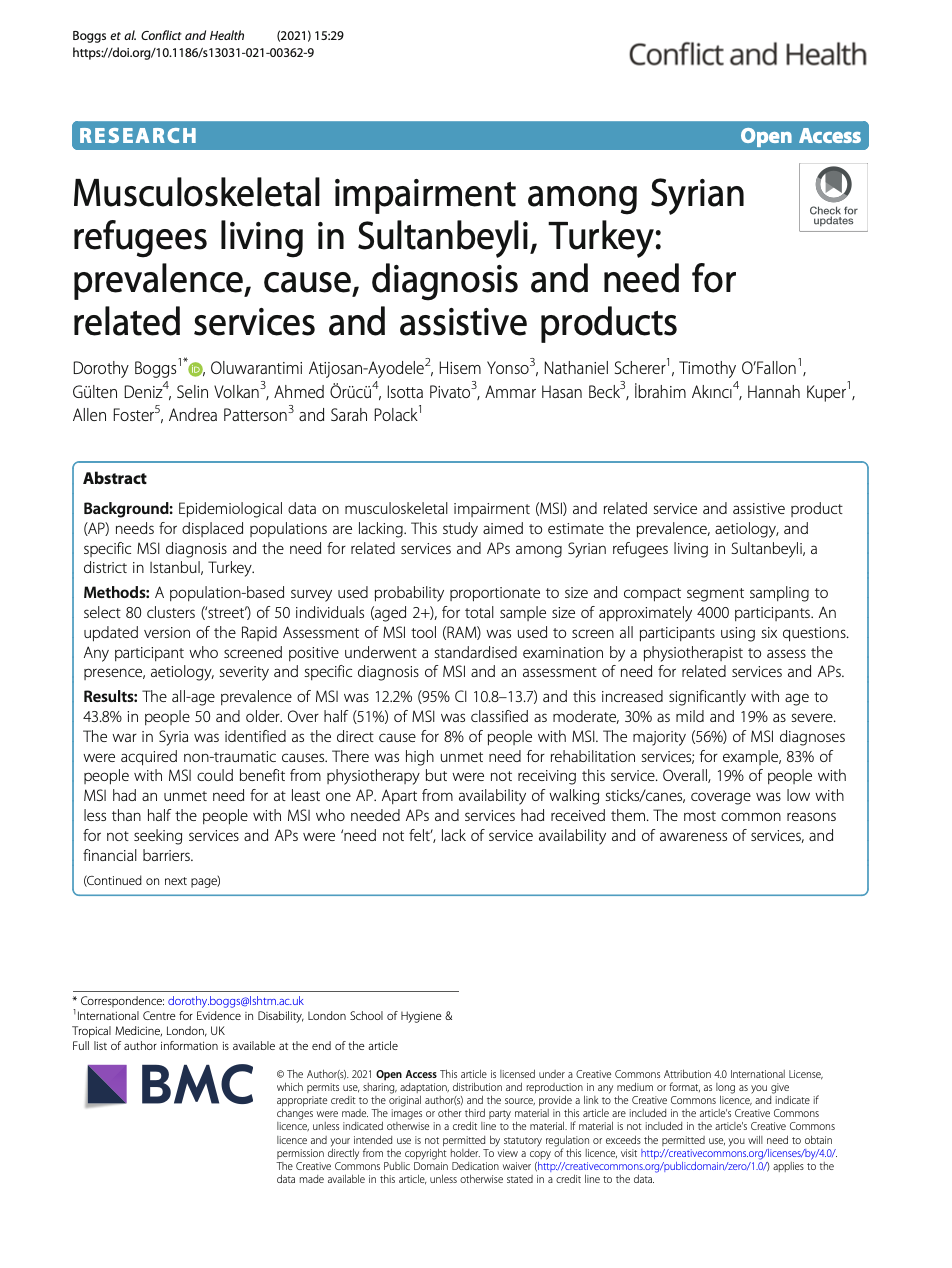
Musculoskeletal impairment among Syrian refugees living in Sultanbeyli, Turkey: prevalence, cause, diagnosis and need for related services and assistive products
Dorothy Boggs, Oluwarantimi Atijosan-Ayodele, Hisem Yonso, Nathaniel Scherer, Timothy O’Fallon, Gülten Deniz, Selin Volkan, Ahmed Örücü, Isotta Pivato, Ammar Hasan Beck, İbrahim Akıncı, Hannah Kuper, Allen Foster, Andrea Patterson, Sarah PolackApril 20, 2021TurkeyAcademic Research PublicationsEpidemiological data on musculoskeletal impairment (MSI) and related service and assistive product (AP) needs for displaced populations are lacking. This study aimed to estimate the prevalence, aetiology, and specific MSI diagnosis and the need for related services and APs among Syrian refugees living in Sultanbeyli, a district in Istanbul, Turkey.
Previous PageNext Page
